
Andrew Kennedy Irvine is an Irish folk musician, singer-songwriter, and a founding member of Sweeney's Men, Planxty, Patrick Street, Mozaik, LAPD and Usher's Island. He also featured in duos, with Dónal Lunny, Paul Brady, Mick Hanly, Dick Gaughan, Rens van der Zalm, and Luke Plumb. Irvine plays the mandolin, mandola, bouzouki, harmonica, and hurdy-gurdy.
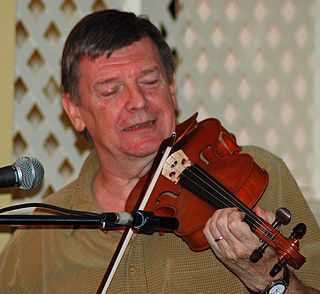
Patrick Street is an Irish folk group founded by Kevin Burke on fiddle, Andy Irvine on mandolin, bouzouki, harmonica and vocals, Jackie Daly on button accordion, and Arty McGlynn on guitar.

Sweeney's Men is an album by Sweeney's Men, recorded in early 1968 after 'Galway Joe' Dolan had left the band and been replaced by Terry Woods.

Cold Blow and the Rainy Night is the third album by the Irish folk group Planxty. It was recorded in Sarm Studios, Whitechapel, London during August 1974 and released the same year. It takes its title from the third song on the album, "Cold Blow and the Rainy Night".

After The Break is the fourth studio album by the Irish folk music band Planxty, recorded at Windmill Lane Studios from 18 to 30 June 1979 and released the same year. It was the band's first of two releases on Tara Records.
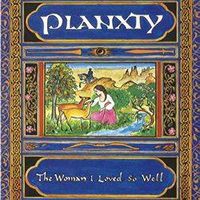
The Woman I Loved So Well is the fifth studio album by Planxty. Like their previous album, After The Break, the album was recorded at Windmill Lane Studios and released by Tara Records. Co-produced by band member Dónal Lunny and engineer Brian Masterson, the album was recorded in April and May of 1980 and released on LP in July of that year. It remains in print on CD and in digital form from Tara to date.
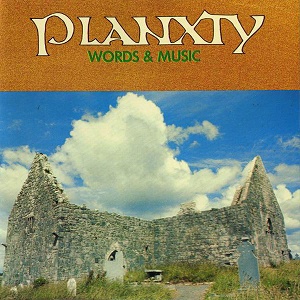
Words & Music is the sixth album by the Irish folk band Planxty, produced by Dónal Lunny and recorded at Windmill Lane Studios in late October and early November of 1982; it would be their only release on the WEA label. In 1989, the album was reprinted by the Shanachie label, who have kept it in print ever since.
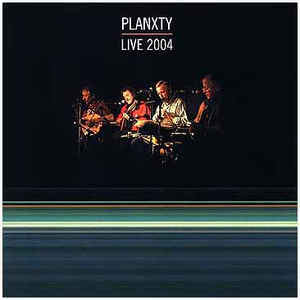
Live 2004 is an album recorded live by the Irish folk band Planxty.
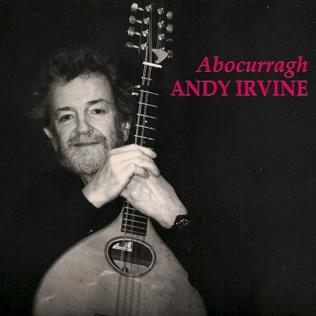
Abocurragh is an album by Andy Irvine recorded in Dublin, Norway, Australia, Hungary and Brittany between February 2009 and April 2010. It was produced by Dónal Lunny who also plays on all the tracks, except the last one.

Way Out Yonder is an album by Andy Irvine, recorded between July and December 1999 and released in January 2000. It was co-produced by Irvine and Steve Cooney.
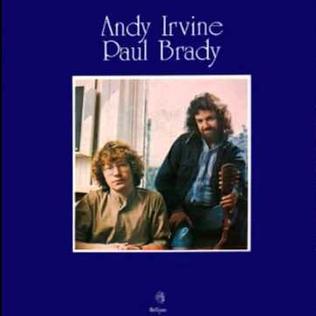
Andy Irvine/Paul Brady is an album recorded by Andy Irvine and Paul Brady when they formed a duo, after Planxty broke up on 5 December 1975. For this recording, they were joined by Dónal Lunny and Kevin Burke.

Live from the Powerhouse is an album rehearsed in six days, starting on 1 March 2002 in the seaside town of Rye, Victoria in Australia, by multicultural group Mozaik featuring Andy Irvine, Dónal Lunny, Bruce Molsky, Nikola Parov and Rens van der Zalm.

Changing Trains is the first studio album recorded by Mozaik in Budapest during November 2005, and for which they had rehearsed new material a few months earlier, in January and April.
Andy Irvine & Dónal Lunny's Mozaik [a.k.a.Mozaik] is a multicultural folk band consisting of Andy Irvine, Dónal Lunny, Bruce Molsky, Nikola Parov and Rens van der Zalm. Created in 2002, the band have toured Australia, Europe, USA and Japan, and recorded four albums.

Andy Irvine/70th Birthday Concert at Vicar St 2012 is a live recording of a pair of concerts held at Dublin's Vicar Street venue, on 16 and 17 June 2012, to celebrate Andy Irvine's 70th birthday.
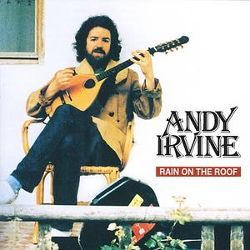
Rain on the Roof is Andy Irvine's third solo album and also the first released on his own label, Andy Irvine, under product number "AK-1".

Rude Awakening is Andy Irvine's second solo album, recorded in December 1990 and January 1991 at Westland and Ringsend Studios, Dublin and Frank MacNamara's Park Studio, Co. Meath, and released in 1991 on Green Linnet Records.

Compendium: The Best of Patrick Street is the second compilation album by the Irish folk band Patrick Street, released in 2000 on the Green Linnet label.

On the Fly is the ninth album by the Irish folk band Patrick Street, released in 2007 on Loftus Music.

Between the Jigs and the Reels: A Retrospective is a two-disc anthology by the Irish folk band Planxty. It includes a 17-track CD and a 36-track DVD with over two hours of previously unreleased footage (1972–1982) from RTÉ archives.



















